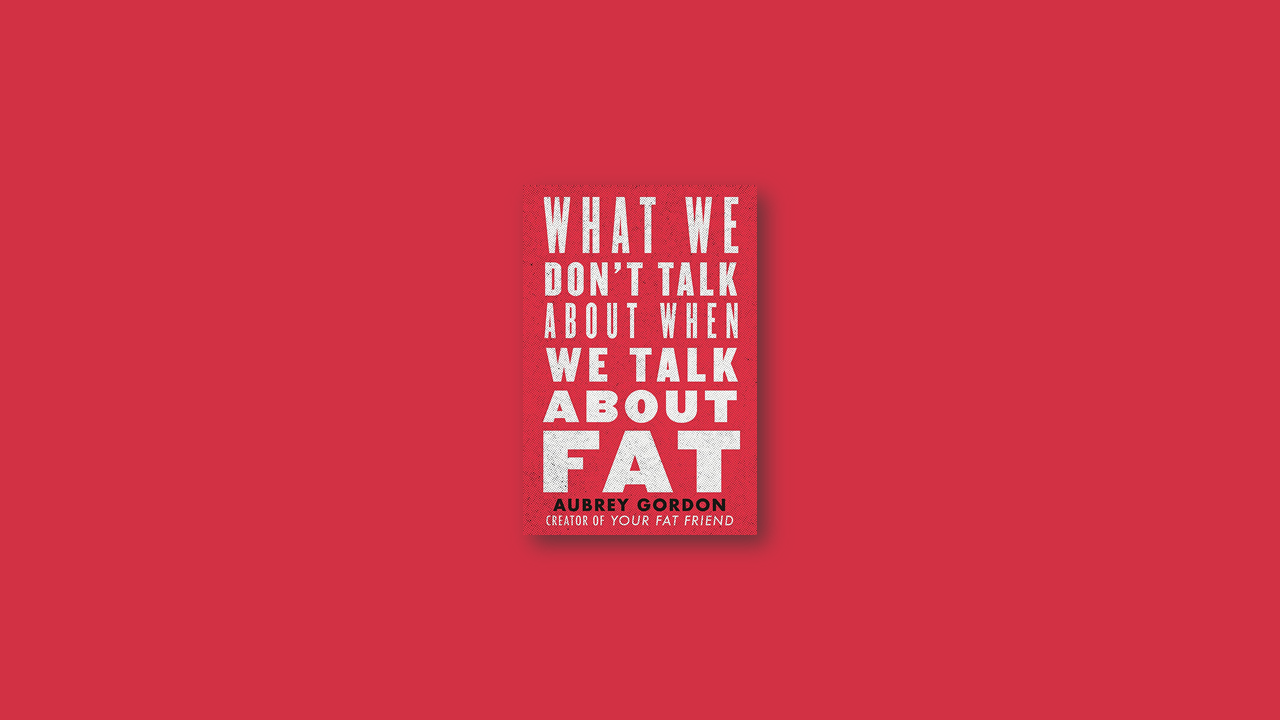Almost everyone of us, whether we’re fat or thin, has spent a lifetime learning to see fat people as problems. What if we take our time to look at ourselves, instead of comfortably blaming others? What would happen if we interrogate our own prejudices and beliefs? What would happen when we acknowledge our own complicity in judging and harming other people? What if, for once, we spoke with fat people, instead of about fat people?
Our endless race for ‘dieting’
Despite our constant and consistent efforts for tracking calories in, calories out, there’s proof on how dieting achieves long-term weight loss. On the contrary, constant dieting may make weight loss even more unlikely. The explanation is simple. Our metabolisms fight back as it searches for the status of a more familiar and fatter body.
A major study following contestants from the TV show “The Biggest Loser” showed that despite their dramatic weight loss on the camera, most were unable to maintain the weight, despite long hours of work out each day. What was more staggering was the fact that after their extreme televised dieting, all contestants’ bodies burned fewer calories at rest than they did at the beginning.
What thinness takes
Thinness takes so much from so many normal-sized people. It costs them a fortune for diet pills, meals delivery, workout tapes and weight-loss supplements. Above all, it takes away their ability to see their own bodies as they’re and their self-esteem. Thinness also takes our ability to hear fat people and acknowledge our prejudices even when they differ from the reality.
And when it takes away our ability to listen and communicate objectively, it gradually erodes our ability to build relationships with fat friends, family members, colleagues and others. We quarantine ourselves, forever maintaining an unspoken and uneasy distance from the fat community.
“All of us deserve better than what thinnest takes. We deserve a new paradigm of health: one that acknowledges its multifaceted nature. We deserve more spaces to think and talk critically about our bodies as they are, not as we wish they were.”
We can do so only if we embrace the differences in our biology and the differences in our experiences that spring from our bodies. Only then, we’ll be able to see each other as we’re so that we can hear each other.
“Thinnest takes so much, and we deserve to take it back.”
Such a pretty face
In 2005, on the Tyra Banks Show, the supermodel wore a fat suit to ‘experience what it’s like to be obese’. “I started walking down the street and within 10 seconds, a trio of people looked at me, snickered, looked me right in my eye and started pointing and laughing in my face… and I had no idea it was that blatant.” Following this experience, real fat women were invited onto the show to share their experiences – not as supermodels who could remove their fat at the end of the day, but as living, breathing fat people who lived with open harassment day by day.
Of course, not all fat people have experienced these horror stories. Still, many of us have become so acculturated to them that we come to describe the vast majority of fat attraction as ‘fat fetishim’. Thin people are frequently attracted to other thin people without garnering suspicion of fetishim. They can speak freely of physical traits they like best – chiseled jawlines, long hair, slim legs. But if a thin person becomes attracted to a fat person, we see it as less mainstream and more of a ‘fetish’.
The world to come
Despite the endless headwinds, fat people around the world find and forge the relationships they want. Fat people get married. Fat people have extraordinary sex. Fat people are genuinely happy. Fat people are defying the expectations set forth for them. Their fat lives are glorious and beautiful things, vibrant and beyond the reach of what most of us, normal-sized people, have been taught to imagine.
“Fatness is not a failure. Thinness is not an accomplishment. The size of our bodies is largely beyond our own control, and even in the few occasions when it isn’t, thinness cannot be a prerequisite for basic respect, dignity or meeting basic needs like getting a job or finding food.”
Embracing this new world requires a major paradigm shift in all of us. We’ll need to retrain ourselves to understand a new, compassionate set of principles that can guide our beliefs and subsequent actions. It’s simple but difficult, like building a new world always is. So, let’s get to work.

